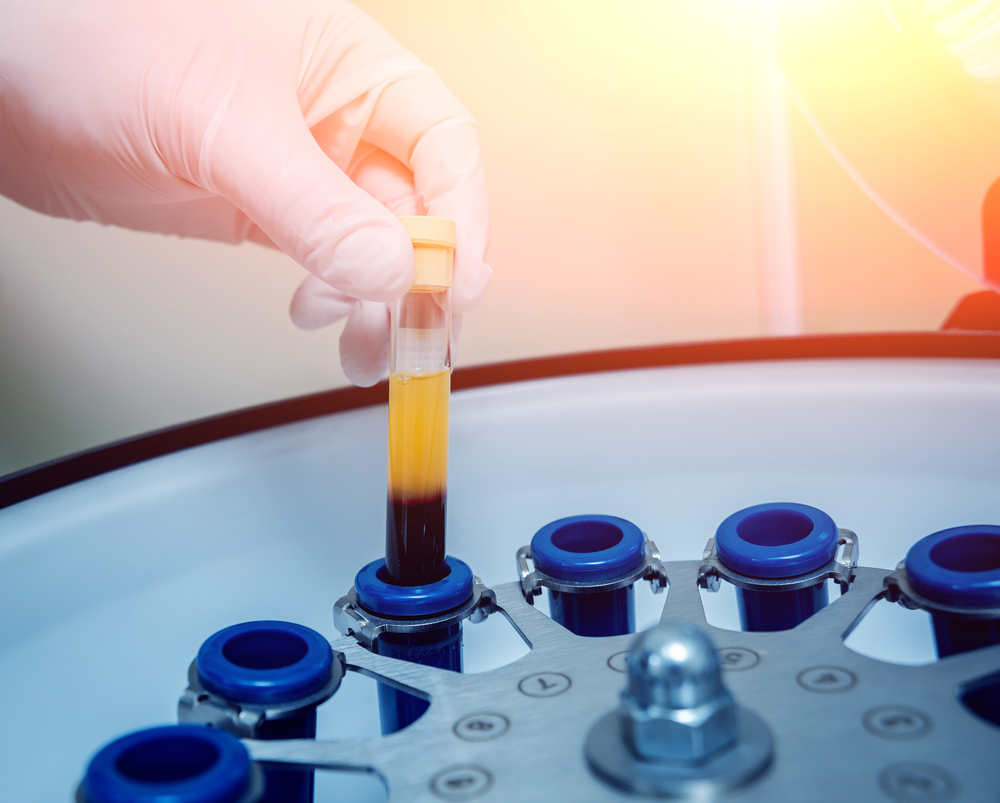
The Department of Health and Human Services (HHS) has earmarked funds to aid the development of new technology that could bolster emergency preparedness by producing platelets outside the human body.
If the two-year, $4.9 million agreement between HHS Biomedical Advanced Research and Development Authority (BARDA) and Platelet BioGenesis, Inc. (PBG) of Cambridge, Mass., produces the desired results, the technology would improve emergency preparedness by making additional blood products available to save lives during a radiological or nuclear emergency.
“In a radiological or nuclear emergency, impacted communities will face a significant blood product shortage,” BARDA Director Rick Bright said. “We are exploring donor-independent platelet technology to increase surge capacity within the blood industry. Our nation must find innovative ways to make essential blood products available to save lives in any type of mass casualty incident.”
PBG would develop Human Induced Pluripotent Stem Cell Derived Platelets (PLT+) to treat a blood condition known as thrombocytopenia, a disorder in which the body has an abnormally low number of platelets, which help blood to clot. Patients with severe thrombocytopenia are typically transfused repeatedly with platelets and other blood components obtained from blood donors.
Improving the availability of platelets could also save lives in daily medical care, such as trauma and oncology, according to HHS personnel.

